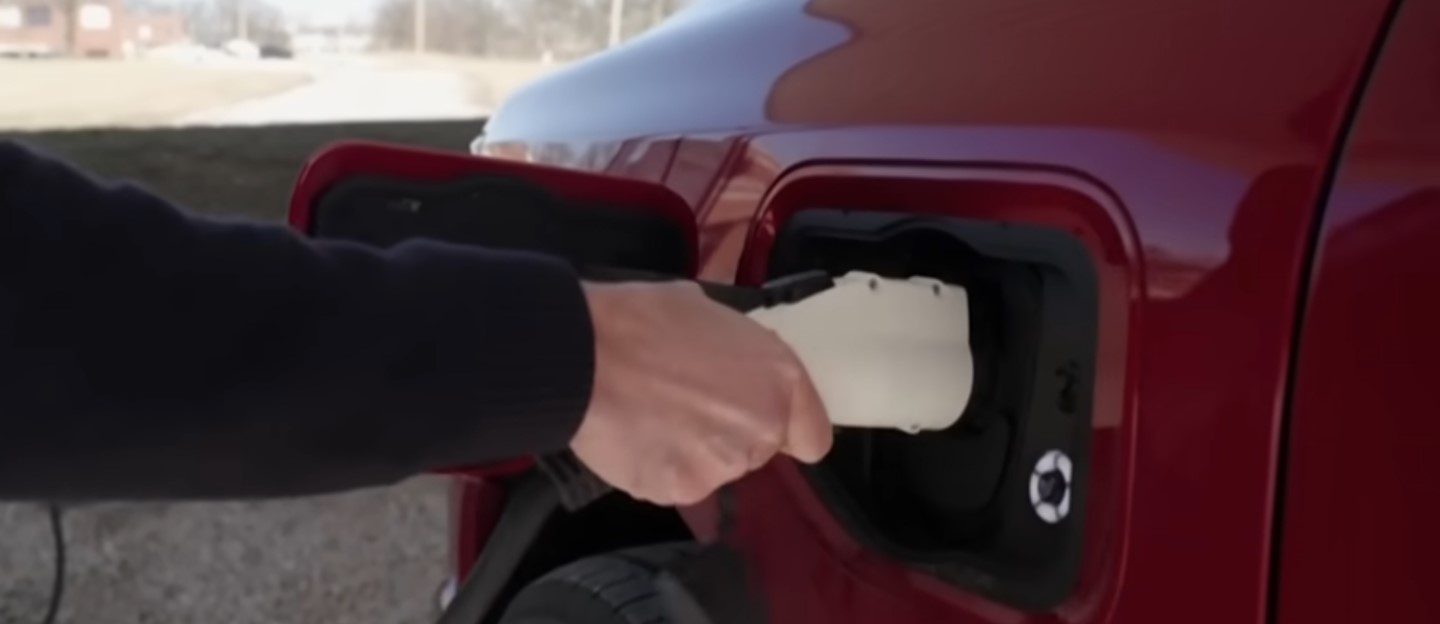Business
Chinese EV Makers Post Record Sales As US Industry Continues To Flounder Despite Billions In Biden Subsidies

(Screen Capture/PBS NewsHour)
China is tightening a noose around the world’s EV market while American auto manufacturers are sucking wind, despite being showered with billions in federal subsidies.
China’s share of the global EV market has surged in recent years, rising from 48% in 2020 to 76% in October as Western automakers dial back their EV efforts in spite of the tens of billions in subsidies the Biden White House has lavished upon the industry. The trend appeared to continue in December, with many of the Asian superpower’s top EV makers, including BYD, Li Auto, XPeng and NIO, posting record sales.
BYD sold 514,809 vehicles in December, bringing the company’s full-year sales to 4.3 million vehicles — a 41% increase from 2023, according to The Wall Street Journal. The increase stemmed largely from a 58% annual increase in overseas sales, as well as the Chinese government doubling a subsidy for consumers who trade in traditional, gas-powered vehicles.
1/ EXCLUSIVE: ‘A Lot Of Government Coercion’: Study Slams ‘Forced Transition’ To EVs Consumers Don’t Seem To Want
New study from @IERenergy explains why electric vehicles are not a viable alternative to gas-powered cars for many Americans. Here are some of the key takeaways:
— Owen Klinsky (@realowenklinsky) December 13, 2024
Local BYD competitor Li Auto sold a record 58,513 units in December, while fellow EV maker XPeng delivered 36,695 vehicles — an increase of 82% from a year prior, the WSJ reported. Auto manufacturers NIO and Xiaomi also posted strong December performances, with NIO’s sales rising 73% to 31,138 vehicles and Xiaomi delivering over 25,000 units.
The December boom comes as many U.S. and European automakers have begun scaling back EV production targets. Volvo, Ford and Mercedes-Benz have all abandoned key EV goals in 2024, lowering electric quotas or dropping previously planned product lines.
The legacy automakers’ decision comes amid slackening consumer demand for electric cars, with EV sales growing 50% in the first half of 2023 and 31% in the first half of 2024, less than the 71% increase in the first half of 2022. Additionally, many American vehicle owners who have made the transition to EVs appear to regret it, with a June survey from leading consulting firm McKinsey and Company finding nearly half of Americans who own an EV want to go back to a standard vehicle.
‘It’s Absolutely Pathetic’: Swing-State Autoworkers Tell CNN ‘Deteriorated’ Economy, EV Mandate Drive Them To Vote Trump pic.twitter.com/ydUn3Xcftl
— Daily Caller (@DailyCaller) June 12, 2024
The demand drop-off comes in spite of a slew of efforts from the Biden administration to promote EVs, including a $7,500 federal tax credit for certain EVs to ease costs for buyers, at least $12 billion of subsidies for automakers to retrofit factories to accommodate EV production and a tailpipe emissions rule that would effectively require about 67% of all light-duty vehicles sold after model year 2032 to be electric vehicles (EVs) or hybrids.
“Even after throwing money at EVs hand over fist, basically paying people tax dollars to drive these cars off the lots, you have a dire spiral of (1) not enough demand to support the number of cars being produced, and (2) the people you paid to buy them now wanting to go back to what they had before,” O.H. Skinner, executive director of the Alliance for Consumers and the former solicitor general of Arizona, previously told the DCNF.
All content created by the Daily Caller News Foundation, an independent and nonpartisan newswire service, is available without charge to any legitimate news publisher that can provide a large audience. All republished articles must include our logo, our reporter’s byline and their DCNF affiliation. For any questions about our guidelines or partnering with us, please contact [email protected].

